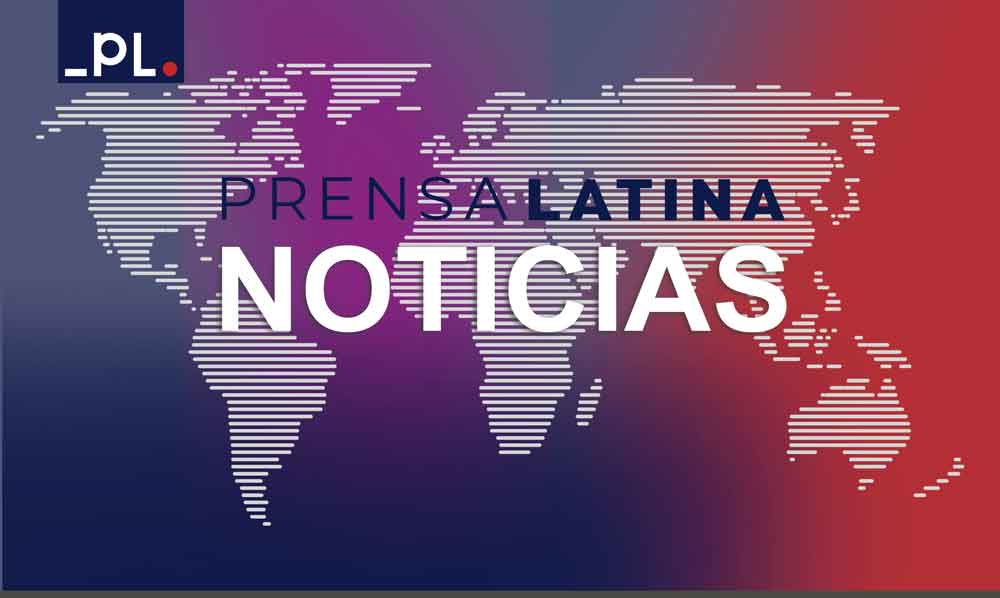Raúl Mayta, Deputy Minister for Exploration and Exploitation of Hydrocarbons, said in statements to the press: “For example, we have as an objective a challenge to be implemented by 2026, which is to generate revenues of nine thousand 600 million dollars from the implementation of this Direct Lithium Extraction (EDL) technology.”
He added that part of that goal is to build and commission the lithium carbonate plant to scale up its production on an industrial scale.
Tasked with exploiting and converting this mineral in the plurinational state, the state-owned Yacimientos de Litio Bolivianos (YLB) has signed agreements with two Chinese companies and a Russian company, a trio that have pledged $2.8 billion in investments, in a business model the Bolivian authorities describe as “sovereign”.
YLB signed an agreement last January with Chinese firm CBC (Catl Brunp & Cmoc) to locate two $1.4 billion EDL-equipped industrial plants on the Uyuni and Coipasa Salt Flats, each with an annual production capacity of 25,000 tons of lithium carbonate.
Most recently, in June, the Bolivian state-owned company signed agreements with China’s Citic Guoan Corporation (a subsidiary of Citic Group) and with Uranium One Group (belonging to Russia’s Rosatom), which guaranteed $1.4 billion for the construction of two complexes using EDL technology in Pastos Grandes and Uyuni, Potosí department.
At the same time, YLB also built the lithium carbonate industrial plant in Potosina, which is in the “final testing phase” and will supply 15,000 tons of this compound each year.
The construction of this factory in the middle of the Uyuni Salt Flats requires an investment of more than 95 million dollars.
Lithium carbonate is an essential ingredient in the manufacture of batteries and with the growing production of electric vehicles amid a global energy transition, demand for this and other lithium derivatives in the international market has skyrocketed.
The Bolivian state-owned company, together with the Technical University of Oruro and a French company, has developed a 100% Bolivian technology for extracting this mineral, President Luis Arce reported this week.
On that occasion, the President confirmed that the country’s lithium reserves in the Uyuni (21 million), Coipasa (1.8 million) and Pastos Grandes (200,000) salt flats total 23 million tons.
In this way, according to the dignitary, the plurinational state is consolidating itself as the largest reservoir on the planet, followed by Argentina (19.3 million) and Chile (9.6 million tons).
These three South American countries form what is known as the “Lithium Triangle” where more than 60 percent of this strategic resource on the planet is concentrated.
Bolivia currently has the Isso 43-10 standard certifying the 21 million tonnes of evaporite in the Uyuni Salt Flats and is processing this international endorsement for its new reservoirs.
Authorities announced that YLB will explore five additional salt flats (Pastos Grandes, Cañapa, Capina, Chiguana and Empexa) in the coming months with the aim of specifying and increasing the potential of the land.
Deputy Minister Mayta expressed optimism about knowledge management, saying that applying the technology developed by YLB “liberates” us from foreign methods.
“Although we will continue to try to attract investments, the aim will no longer be to exploit our resources, but rather to diversify and mass this activity in order to create greater potential for the country,” concluded the deputy head.
rgh/jpm

